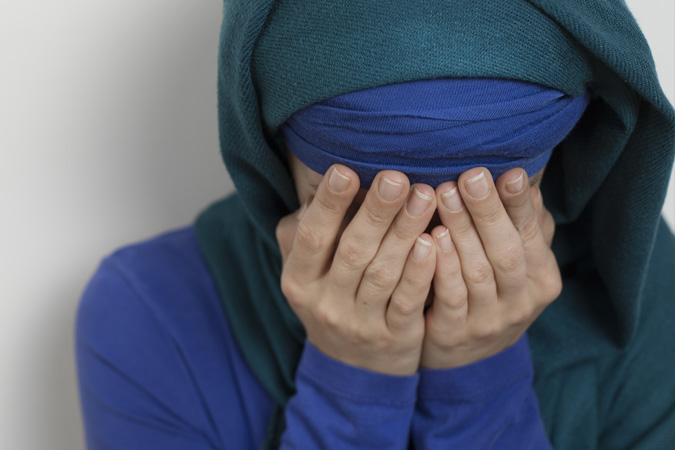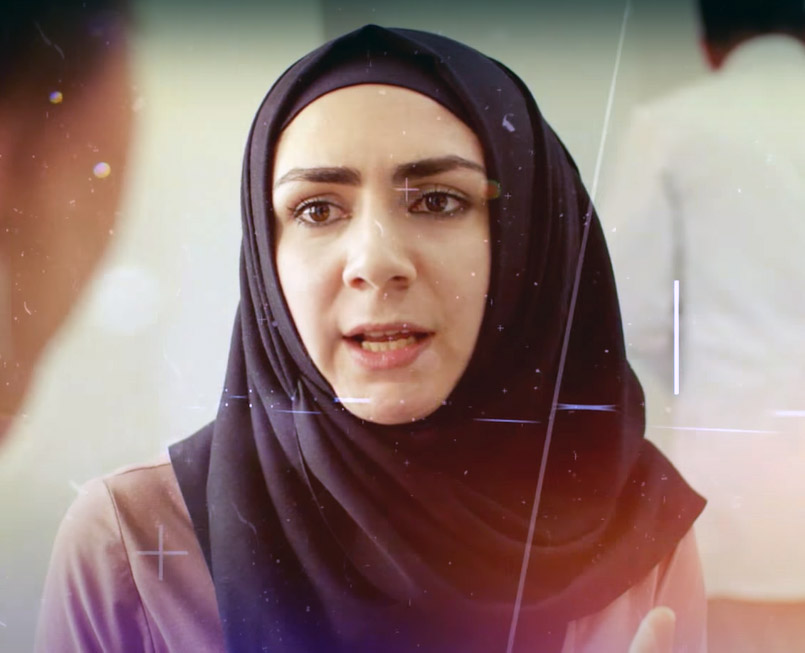Syria is one of eight countries in the Eastern Mediterranean region in which WHO works on confronting genderbased violence (GBV) in emergencies. Since 2018, it has institutionalized the prevention of and response to GBV across the health sector.
Health services can provide critical, time-sensitive interventions that prevent, mitigate or treat some of the health consequences of GBV and connect survivors
to services that improve their health and well-being. Mental health and psychosocial support (MHPSS) services are a critical entry point for helping GBV survivors. WHO has sought to gradually introduce GBV services into health and community facilities rather than presenting them as isolated projects. This has increased policy makers’ awareness, built capacity and integrated GBV concepts into existing curricula and health and community services.


The MoH endorsed its first ever training of trainers course in Aleppo, attended by health staff from eight governorates, and GBV was successfully integrated into MHPSS curricula, programmes and activities. WHO focused on exploring how GBV and protection against sexual exploitation and abuse could be introduced at community level across the country. In Gender-based violence every governorate, doctors were trained on the Mental Health Gap Action Programme (mhGAP), while some governorates initiated training programmes on the clinical management of rape. Participants from the MoH and NGOs in eight governorates took part in a workshop on effective communication for GBV prevention and response at community level.
WHO developed information, education and communication materials on GBV and mental health for health providers and community centres, and raised awareness of GBV in family wellbeing centres across Syria. It also supported a month-long campaign in Lattakia on preventing suicide and raising awareness of GBV.
WHO has mapped all GBV and mental health interventions in areas under government control and will use this information to assess capacity and identify training needs in 2020. WHO will continue to strengthen capacity by training mental health specialists on GBV and integrating basic psychological treatments for GBV survivors into PHC and family wellbeing centres. Syria is one of two countries globally participating in a one-year pilot project to develop global guidance on mental health and GBV.




